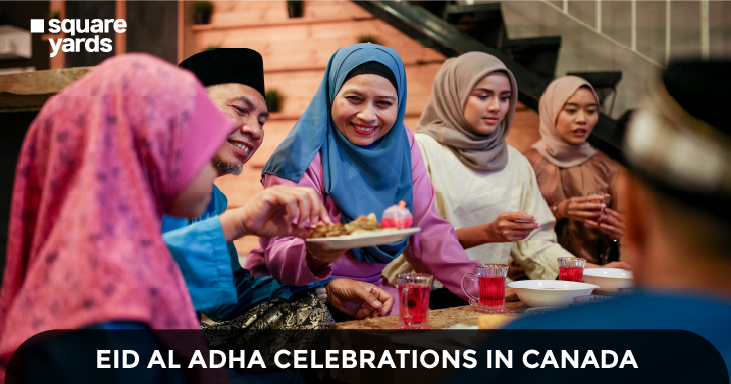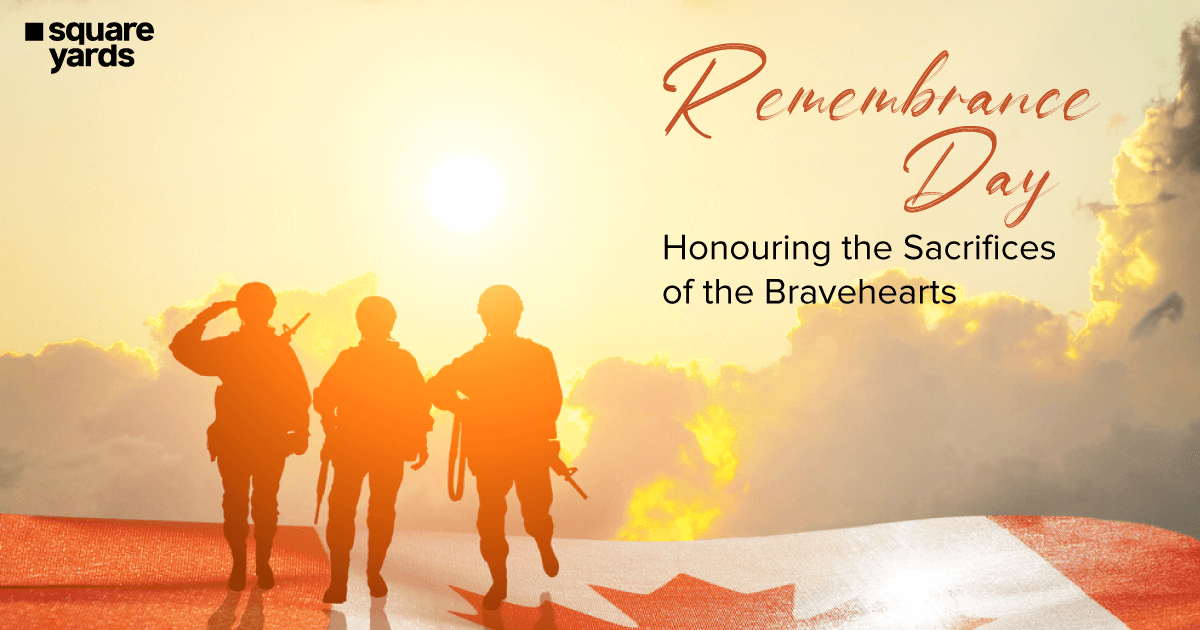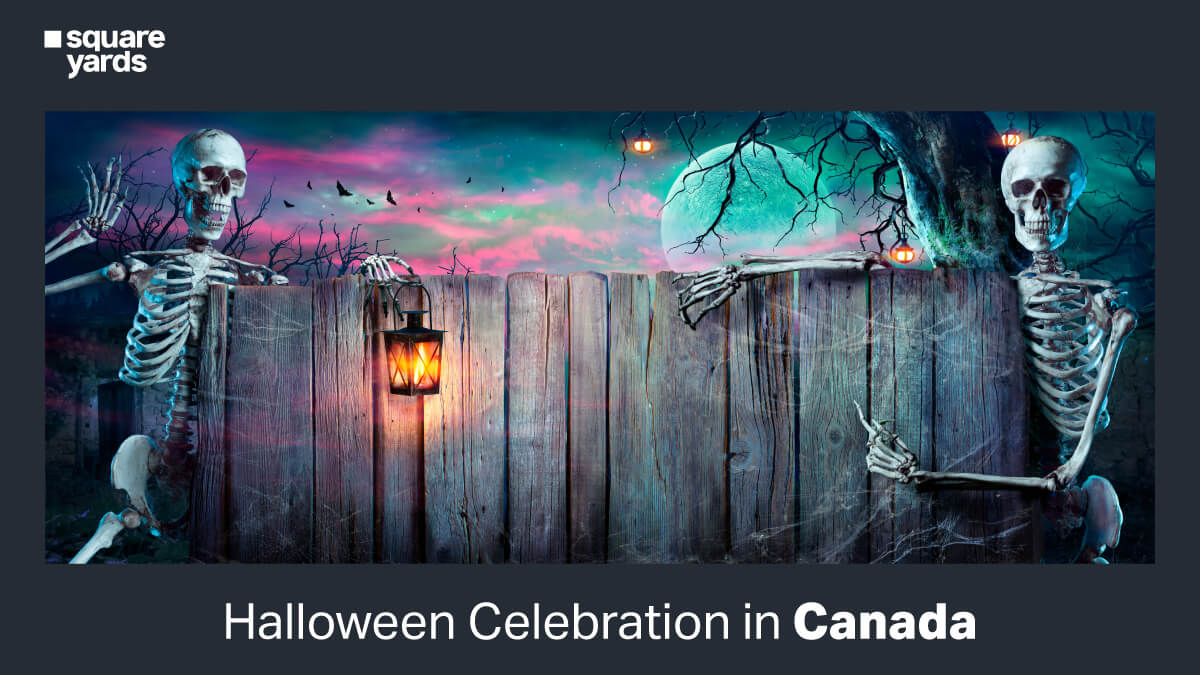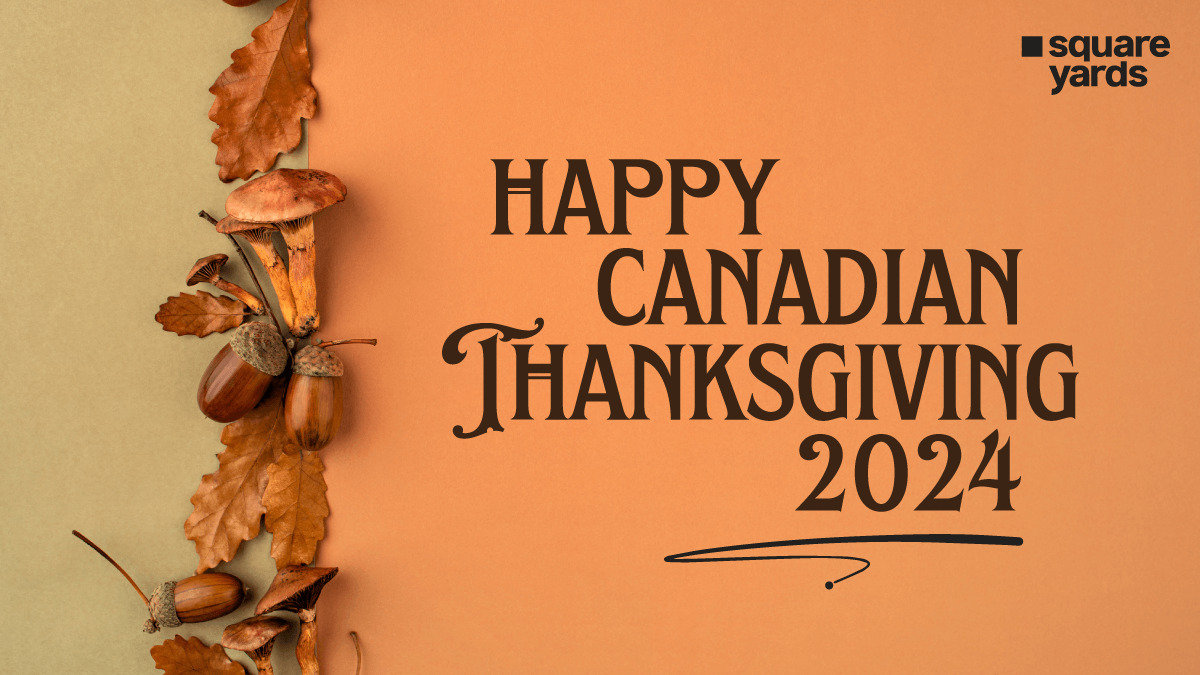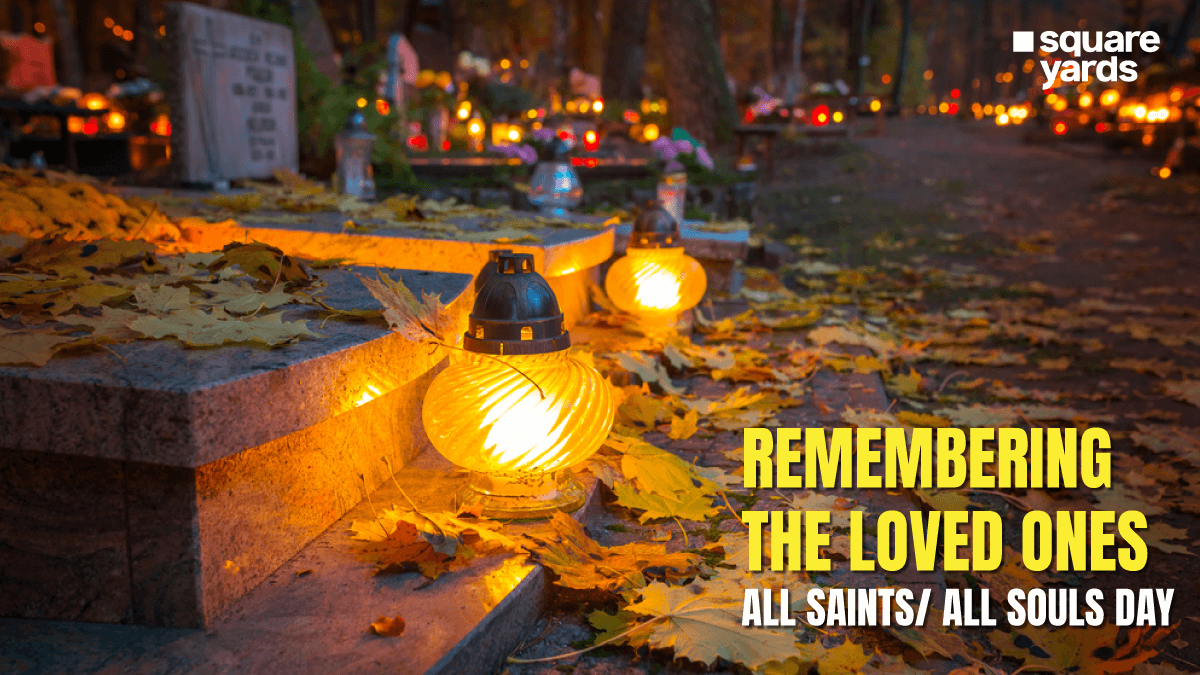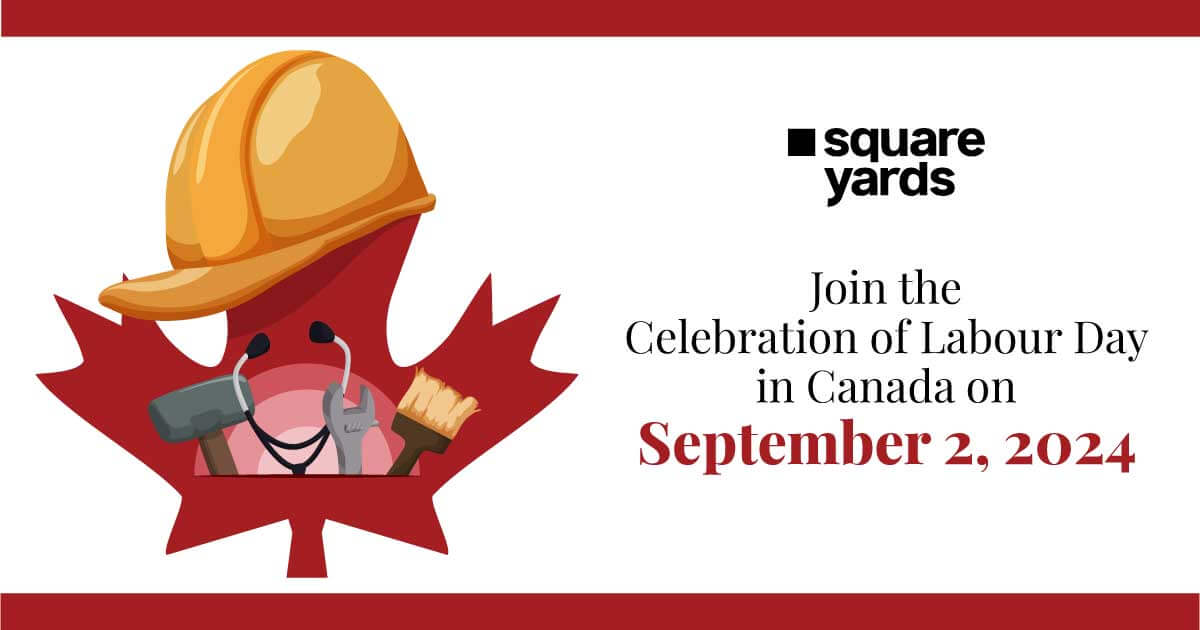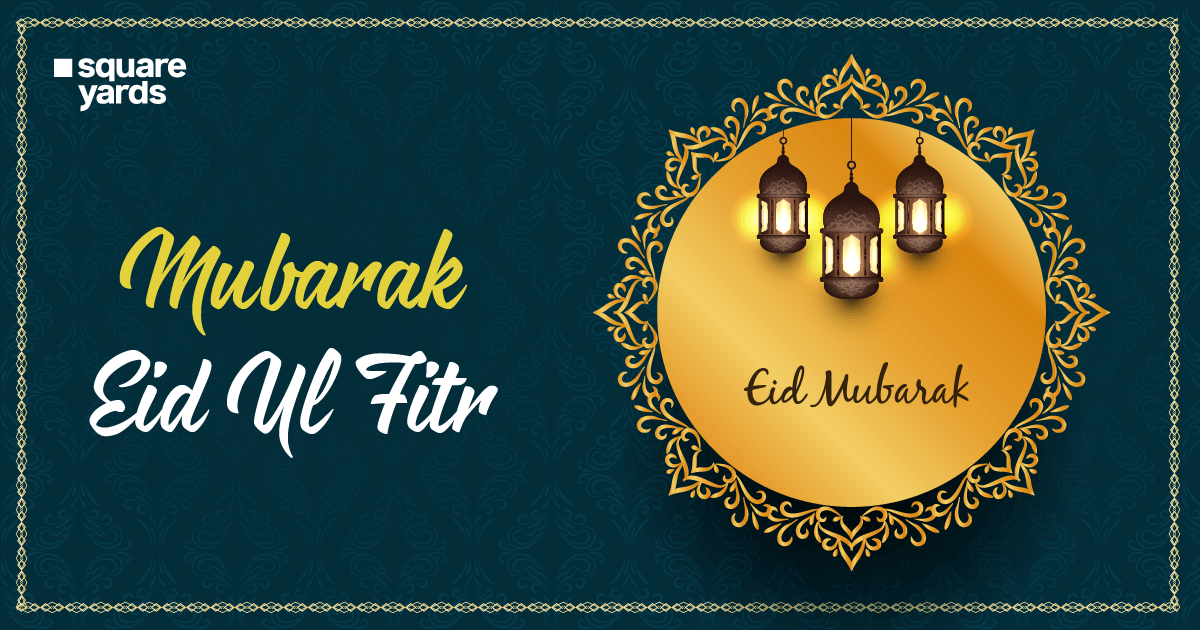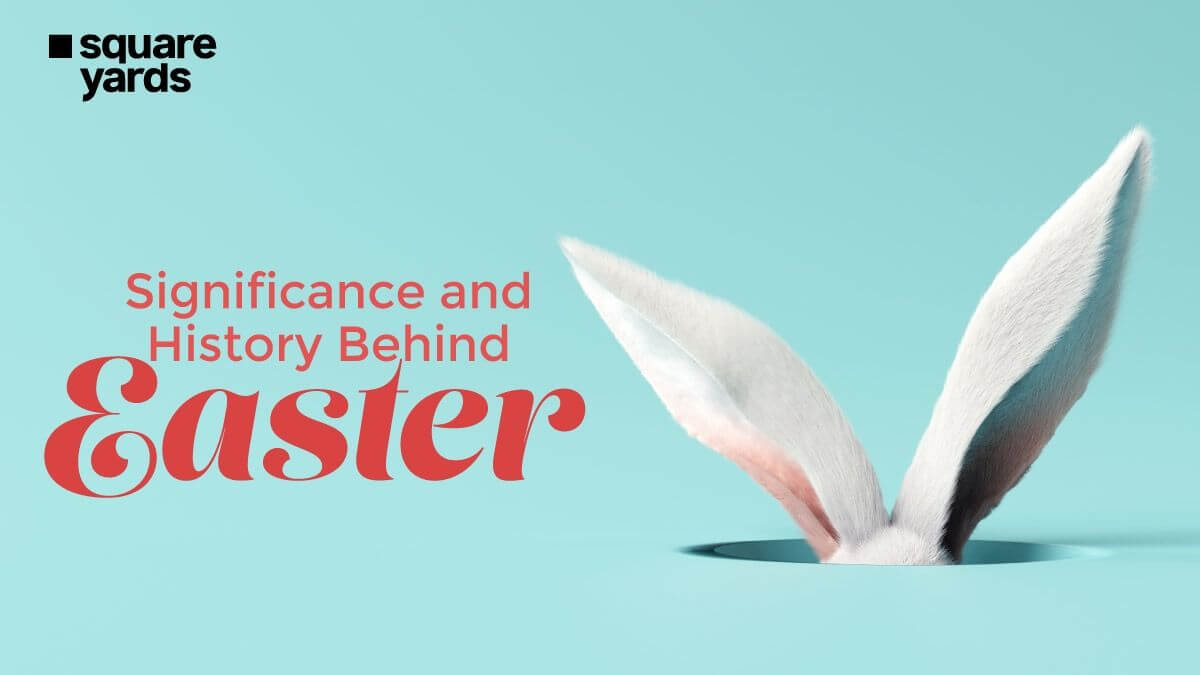In remembrance of the willingness of Ibrahim to offer his son Ishmael as a sacrifice in deference to God, the Muslim holiday known as Eid al Adha is observed all across the world. The celebration, marked by prayer and feasting, recognises this gesture of devotion and trust. It is performed with a rite in which an animal—such as a sheep, goat, cow, or camel—is sacrificed and the flesh is given to the underprivileged.
Muslims in Canada congregate with their kindreds, decorate their homes, exchange gifts and festive foods, participate in group prayers, and give to charities to mark Eid al-Adha. Also, it is a period for introspection and reflection. Parades, carnivals, and bazaars are just a few of the events that take place in numerous Canadian cities and communities.
Origin of Eid al-Adha
Muslims worldwide commemorate Eid al-Adha, which marks one of the most important Islamic holidays. The festival is also commonly known as the “Festival of Sacrifice”, and it is one of the most significant occasions on the Islamic calendar. In the Quran, Ibrahim has a vision in which Allah tells him to sacrifice his son, Ismail, as a form of adherence to God. Shaytaan, also known as Satan, tries to mislead Ibrahim and persuade him not to carry out the crime, but Ibrahim chases him away. However, as Ibrahim is about to slay Ismail, Allah intervenes and sends Angel Jibreel, sometimes known as Gabriel, with a lamb to sacrifice instead. The remembrance of the Adha, Arabian for sacrificing, occurs on the last day of the Hajj pilgrimage, Islam’s fifth pillar. This is how every year on Eid al-Adha, Muslims worldwide slaughter a lamb or a sheep to remember this act of obedience. Thereafter, friends, family, the needy, and the destitute receive the flesh from the sacrificial animal.
How is Eid al-Adha Celebrated?
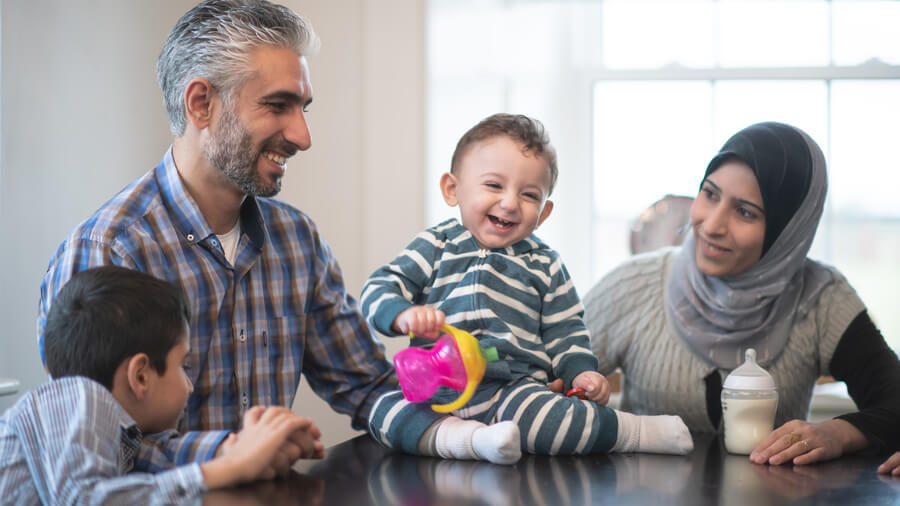
Eid al-Adha, or the “Festival of Sacrifice,” is observed by Muslims in Canada through a blend of traditional and modern cultural rituals. On an auspicious day, Muslims assemble to do special prayers, sometimes in mosques, and then celebrate with a family dinner. Many Muslims spend Eid giving to charity and visiting family and friends.
In Canada, this is celebrated with traditional dances, music, and food, such as samosas, biryani, and desserts like Phirni. Families often exchange gifts, as well as cards with special Eid wishes. Some people also wear colourful traditional clothing and jewellery to mark the occasion. Eid al-Adha is a time for reflection and a reminder of the Prophet Ibrahim’s willingness to sacrifice his son at God’s command. It is also a time for celebrating with family and friends, and for expressing gratitude for blessings and the joy of life.
Eid al-Adha: Customs & Traditions
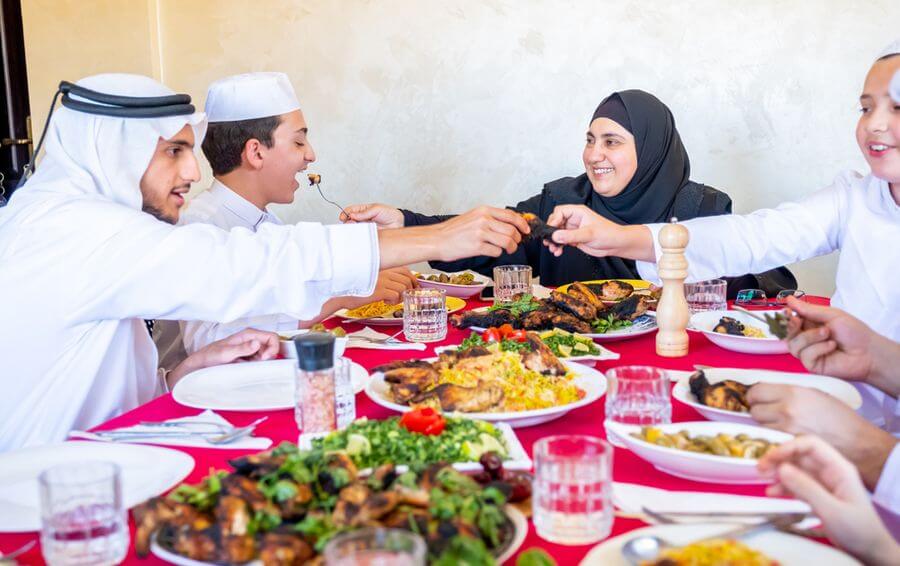
Eid al-Adha is a time for reflection and prayer; it is a time to give, forgive and love! The sacred festival is celebrated by following certain customs and traditions, and they have been mentioned below:
-
Greeting One Another
This time for Muslims to celebrate and exchange greetings of “Eid Mubarak” (Blessed Eid).
-
Attending Prayers
Muslims typically attend special congregational prayers held at their local mosques.
-
Giving Charity
Muslims often give Zakat al-Fitr (charity) to the needy before Eid al-Adha.
-
Eating Traditional Foods
Families typically gather to enjoy a festive meal of traditional dishes and sweets.
-
Sacrificing an Animal (Qurbani)
Muslims often sacrifice a sheep, goat, cow, or camel in order to commemorate the sacrifice of Prophet Abraham.
-
Visiting Relatives and Friends
People often visit family and friends to exchange Eid greetings and gifts.
-
Sharing Meals
Muslims are encouraged to share meals with their neighbours, family, and friends.
Eid al-Adha: Sacrifices
As mentioned above, Eid al-Adha is a sacrificial festival that celebrates the Prophet Ibrahim’s (Abraham’s) willingness to sacrifice his son Ishmael as an act of obedience to God. The holiday is marked with acts of sacrifice, such as the sacrifice of an animal, to represent Ibrahim’s willingness to make a sacrifice. Many Muslims visit Mecca on the festival, where Ibrahim and Ishmael are said to have performed the sacrifice.
Eid al-Adha remains a significant holiday for Muslims worldwide, including in Canada. Although the emphasis on sacrifice is not as literal as it was, the spiritual significance and values remained alike back in the day. The festival commemorates Abraham’s willingness to sacrifice his son to God, proving his faith and devotion.
This act of faith is today regarded as a symbol of commitment and obedience to God and the value of self-sacrifice for the greater good. In Canada, Eid al-Adha is a time for the community to unite, recognise the importance of family and charity, and participate in philanthropic activities.
The Ritual of Qurbani
To commemorate the festival, Muslims worldwide execute Qurbani (meaning “sacrifice”) in the shape of an animal as part of the custom. Muslims across the world follow through with certain Qurbani rules to celebrate the festival of sacrifice.
Qurbani is an act of reverence and devotion to Allah, symbolizing gratitude for His blessings. It involves the reverential sacrifice of a healthy, one-year-old domesticated animal such as a cow, sheep, goat, or camel. The ritual is performed with a single stroke of a sharp blade, away from the sight of other animals and in a pure, clean environment. This devotion is believed to bring spiritual and physical blessings to the worshipper.
The meat should be cut into three equal pieces. One share is given to those in need, while the other is given to friends. The final portion is kept for personal consumption and is usually served as part of the Eid feast with family and friends.
You May Also Read :
| Canadian Holidays | Canadian Holidays |
| Celebrate Good Friday | Good Friday |
| Shrove Tuesday Pancake Day in Canada | Shrove Tuesday |
| Significance of Family Day Canada | Family Day Canada |
| All About Groundhog Day | Groundhog Day |
| Guide To Louis Riel Day | Louis Riel Day |
Frequently Asked Question (FAQs)
What time is Eid al-Adha 2025?
The date of Eid al-Adha in 2025 depends on the sighting of the crescent moon, which can vary by region. In Canada, Eid al-Adha is expected to begin on Friday, June 6, 2025, and end on Tuesday, June 10, 2025, based on lunar calendar estimates.
What is the Eid Al Adha celebration?
The holy day honours Prophet Ibrahim's willingness to sacrifice his son, Ismail, in accordance with Allah's command.
Will Eid Al Adha 2025 last for 4 days?
Eid al-Adha will last four days, concluding on Tuesday, June 10, 2025.
What do people wear on Eid Al Adha?
People worldwide celebrate the festival wearing different clothes, usually kept modest.
What do people eat on Eid Al Adha?
Traditional cuisines include sheer khurma, Awadhi biryani, qorma, shami kebab, kheer, kaleji, kebabs, seviyan, and many more. Eid is all about preparing elaborate delicacies. There is a surplus of mutton during Eid Al Adha, hence mutton is used in the majority of the dishes.

